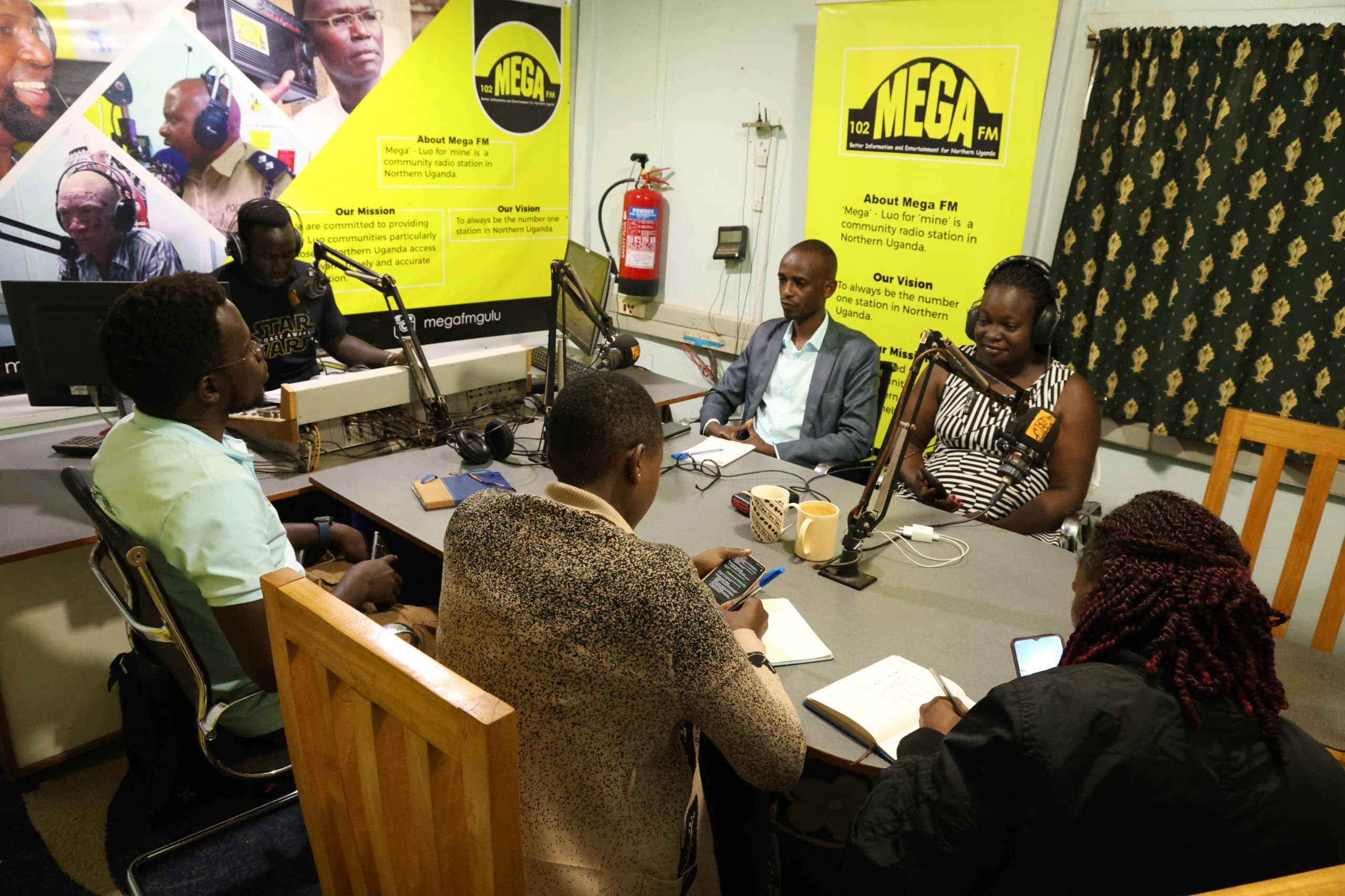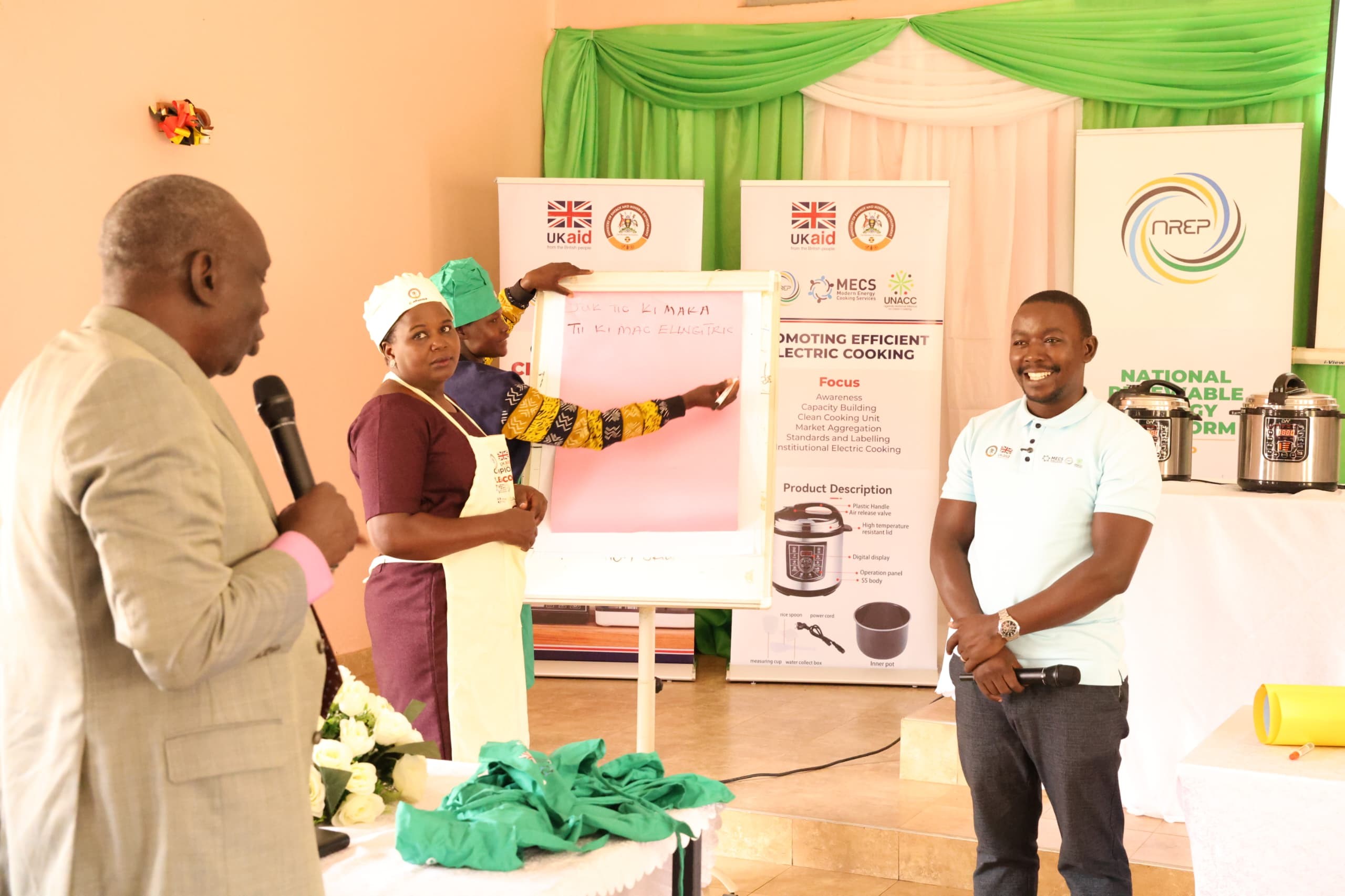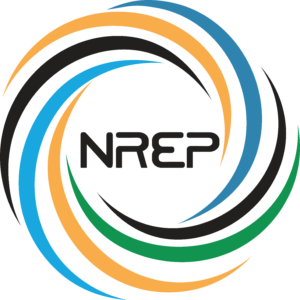On April 14th, 2025, Gulu City took a bold step towards sustainable development with a five-day Behavioral Change Communication for Electric Cooking (BCCeC) outreach campaign. Spearheaded by the National Renewable Energy Platform (NREP) with support from the Ministry of Energy and Mineral Development (MEMD) and funded by the UK’s Foreign, Commonwealth and Development Office, the campaign aimed to shift community perceptions and practices towards clean, modern cooking technologies.
The campaign brought together city leaders, policymakers, energy experts, and the public through a series of engaging activities, including live cooking demonstrations, exhibitions, a radio talk show, and stakeholder workshops(With approximately 210 participants in total). These efforts followed a detailed baseline survey, which identified key barriers to adoption such as limited awareness, affordability concerns, and uneven electricity access. The campaign’s goal was clear: equip Gulu’s residents with the knowledge, experience, and motivation to embrace electric cooking for better health, environmental protection, and household savings.

Key Highlights & Observations
A standout feature of the campaign was its live cooking demonstrations using Electric Pressure Cookers (EPCs), where traditional Acholi dishes, such as malakwang, kalo, sweet potatoes, and cassava, were prepared swiftly and deliciously. These sessions, led by local leaders and experts, directly addressed common myths about electric cooking’s compatibility with local cuisine.
The outreach also featured a well-attended public exhibition at Gulu Central Market Grounds, where clean cooking technologies like EPCs, bioethanol stoves, and LPG systems were displayed by multiple vendors. Community members interacted with suppliers, asked questions, and even explored installment payment plans to make clean cooking more accessible.
The stakeholder workshops saw active participation from the Gulu City Mayor, the Resident City Commissioner, educators, religious leaders, and energy experts. Each donned a branded apron and took part in cooking activities, signaling strong leadership endorsement. Discussions centered around practical solutions to drive adoption, such as tailored messages in local languages, greater male involvement in household cooking decisions, and training clean cooking agents in each district.
Radio engagements extended the campaign’s reach across the Acholi sub-region, with Dr. Paul Nduhuura and the team unpacking the baseline survey insights, addressing public concerns, and highlighting the health and economic benefits of electric cooking.

Key Challenges & Lessons Learned
Despite widespread enthusiasm, key barriers remain. Affordability of appliances and electricity remains a primary concern, especially for low-income households. Limited repair knowledge often leads to discarding malfunctioning EPCs. Infrastructure gaps, such as unreliable power in some areas, also hinder full adoption.
However, the campaign demonstrated that firsthand experience is a powerful tool. Live demonstrations helped participants move beyond skepticism. Community leaders emerged as critical champions, especially when actively engaged in cooking and storytelling. Male involvement was highlighted as vital, both in influencing household decisions and normalizing shared domestic roles.
The campaign underscored the importance of localized messaging. Clean cooking advocacy must speak the language, literally and culturally, of the community. By building trust through cultural familiarity and leadership endorsement, change becomes more likely and more lasting.


Conclusion
The Gulu City Outreach Campaign succeeded in transforming clean cooking from a policy concept into a practical reality for many. With high participation, visible leadership support, and strong public engagement, the groundwork has been laid for deeper community adoption.
Moving forward, scaling such campaigns beyond urban centers, investing in electricity reliability, and expanding access to financing options will be crucial. Continued collaboration with cultural leaders, radio stations, and clean cooking agents can drive the message home. With sustained effort and investment, electric cooking can power healthier homes and a greener Uganda, one household at a time.



